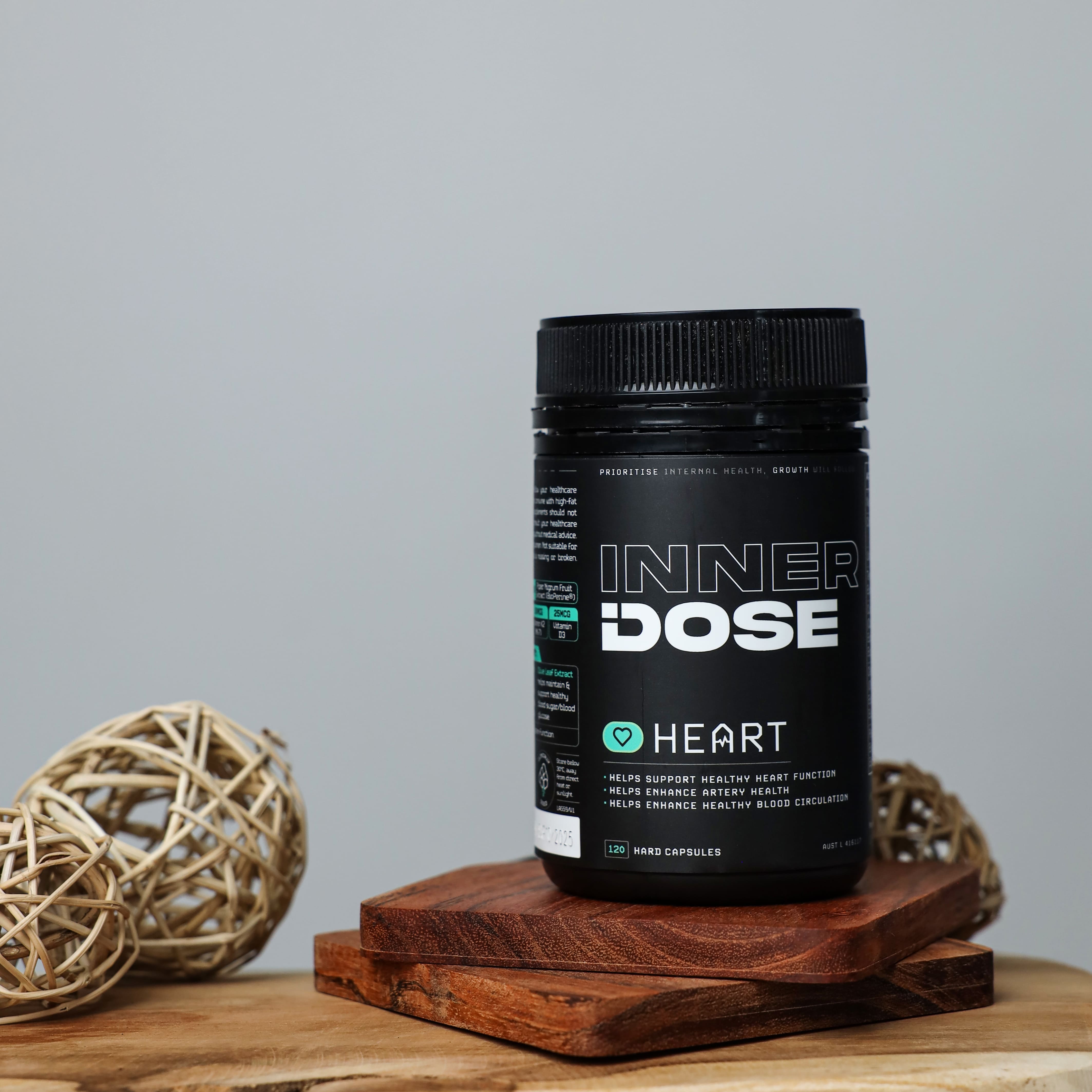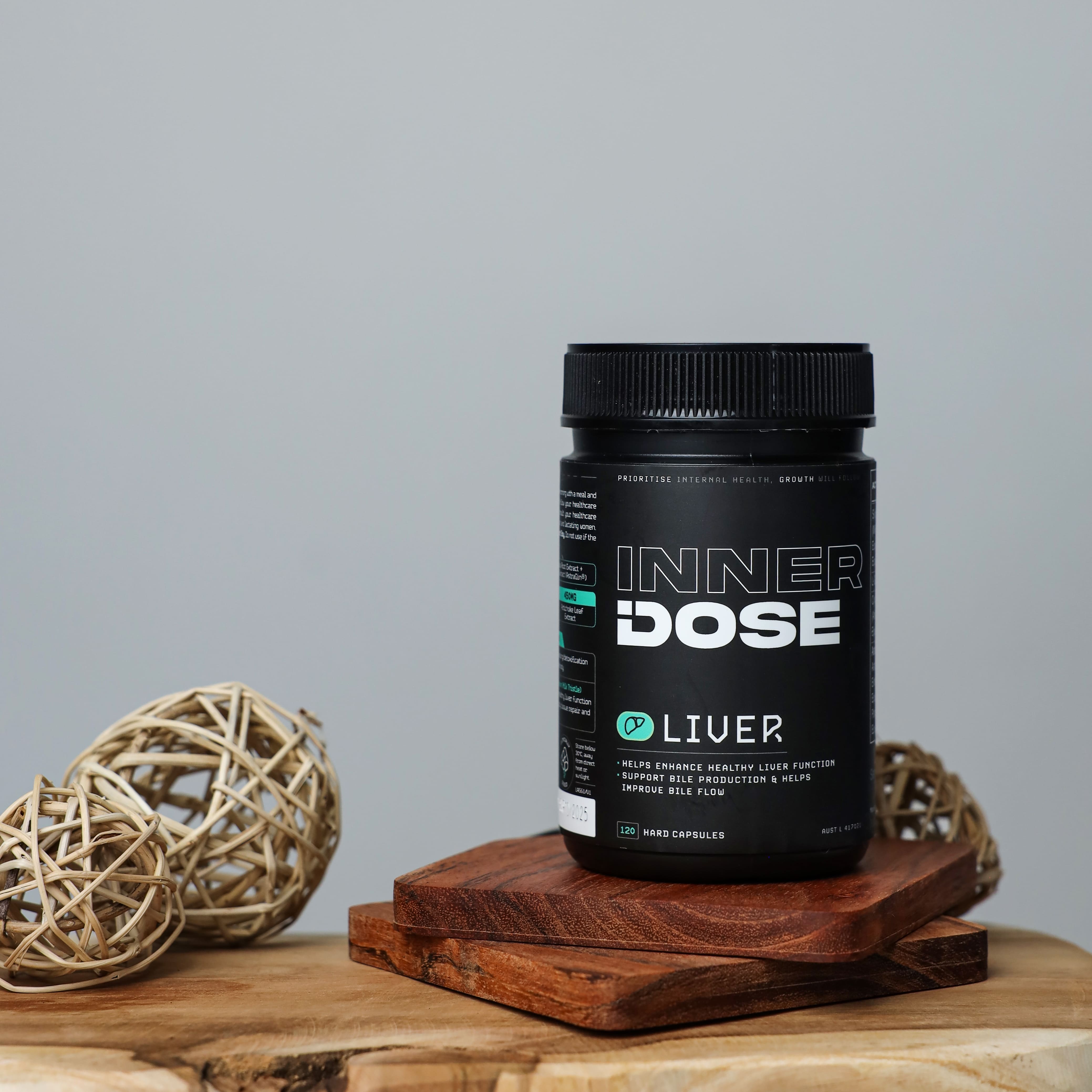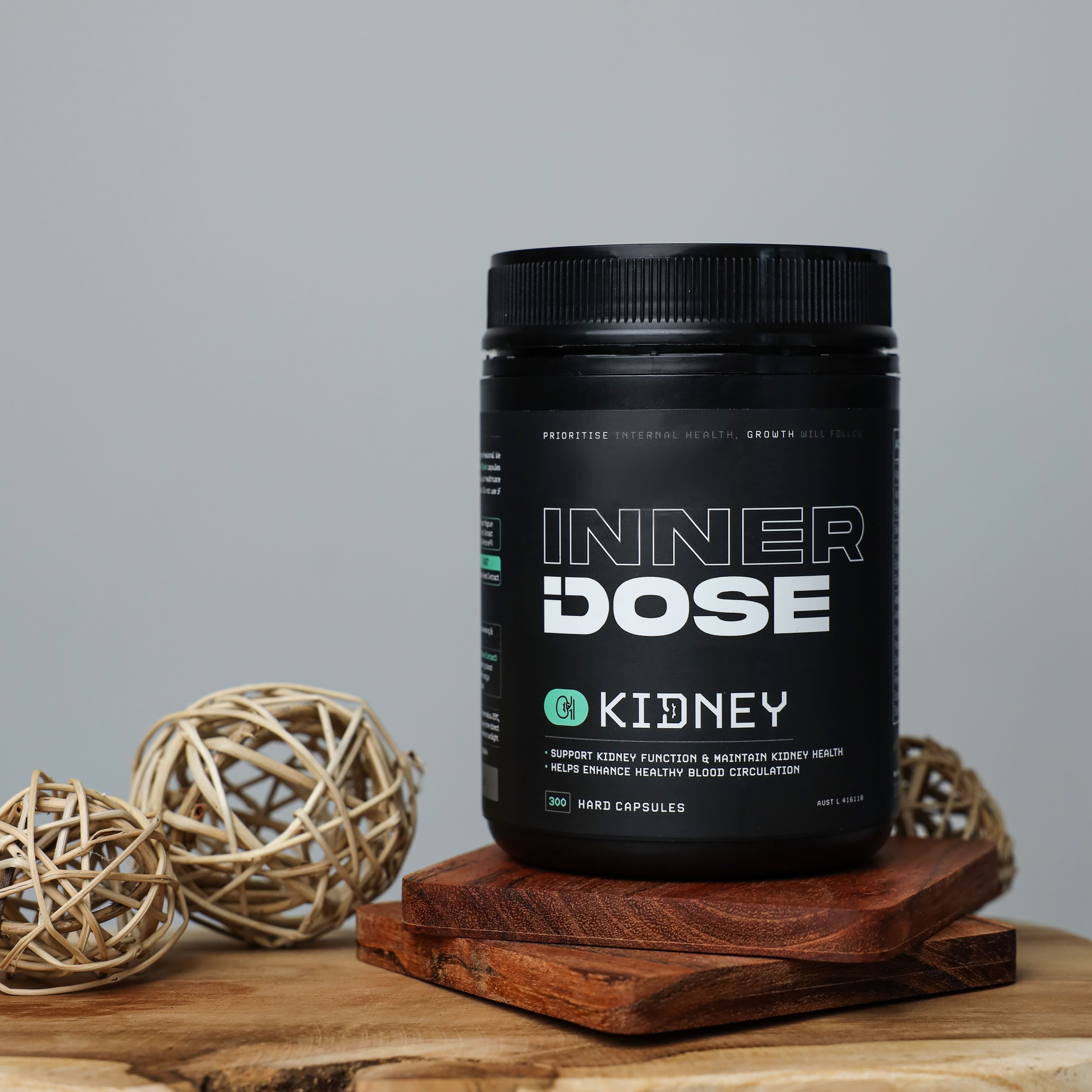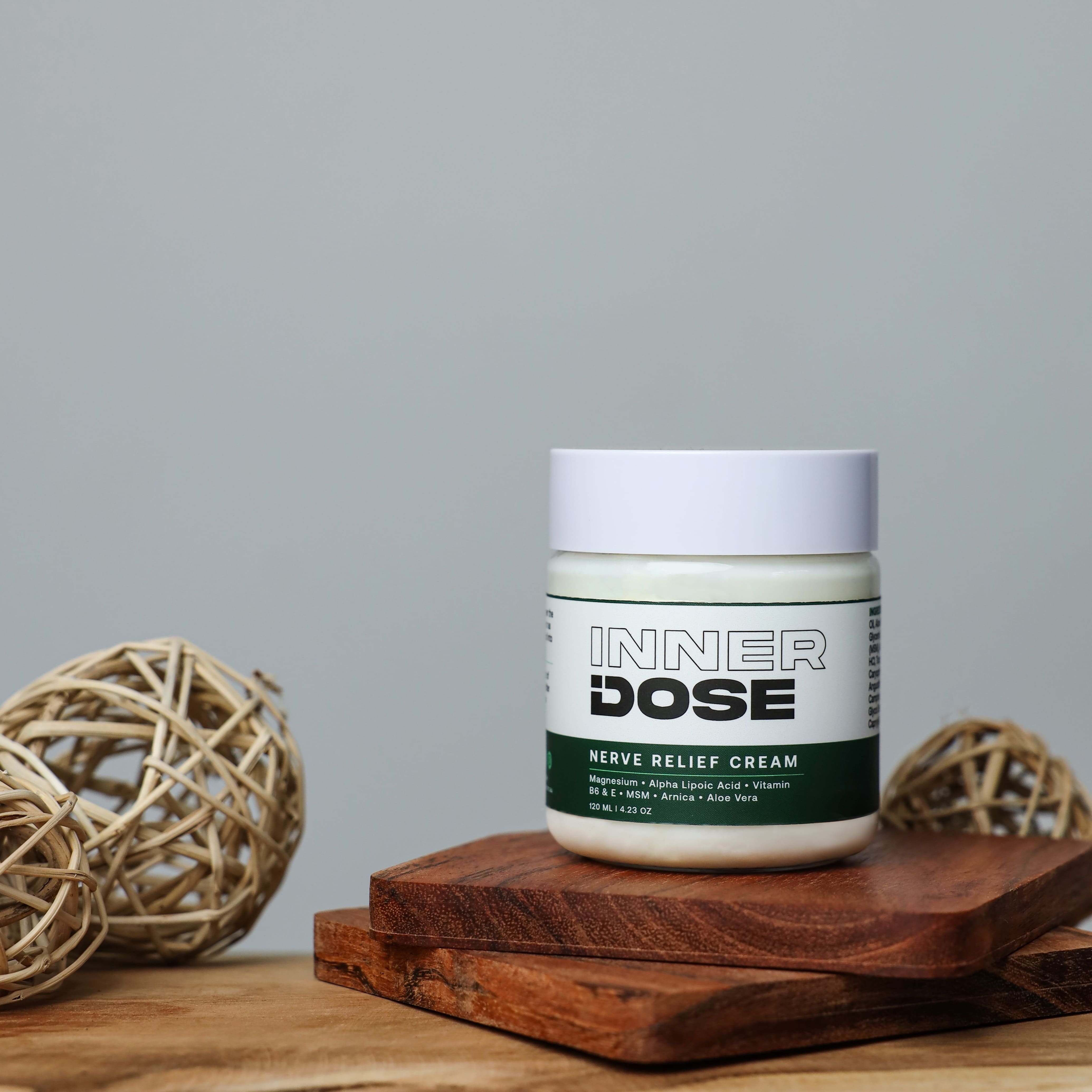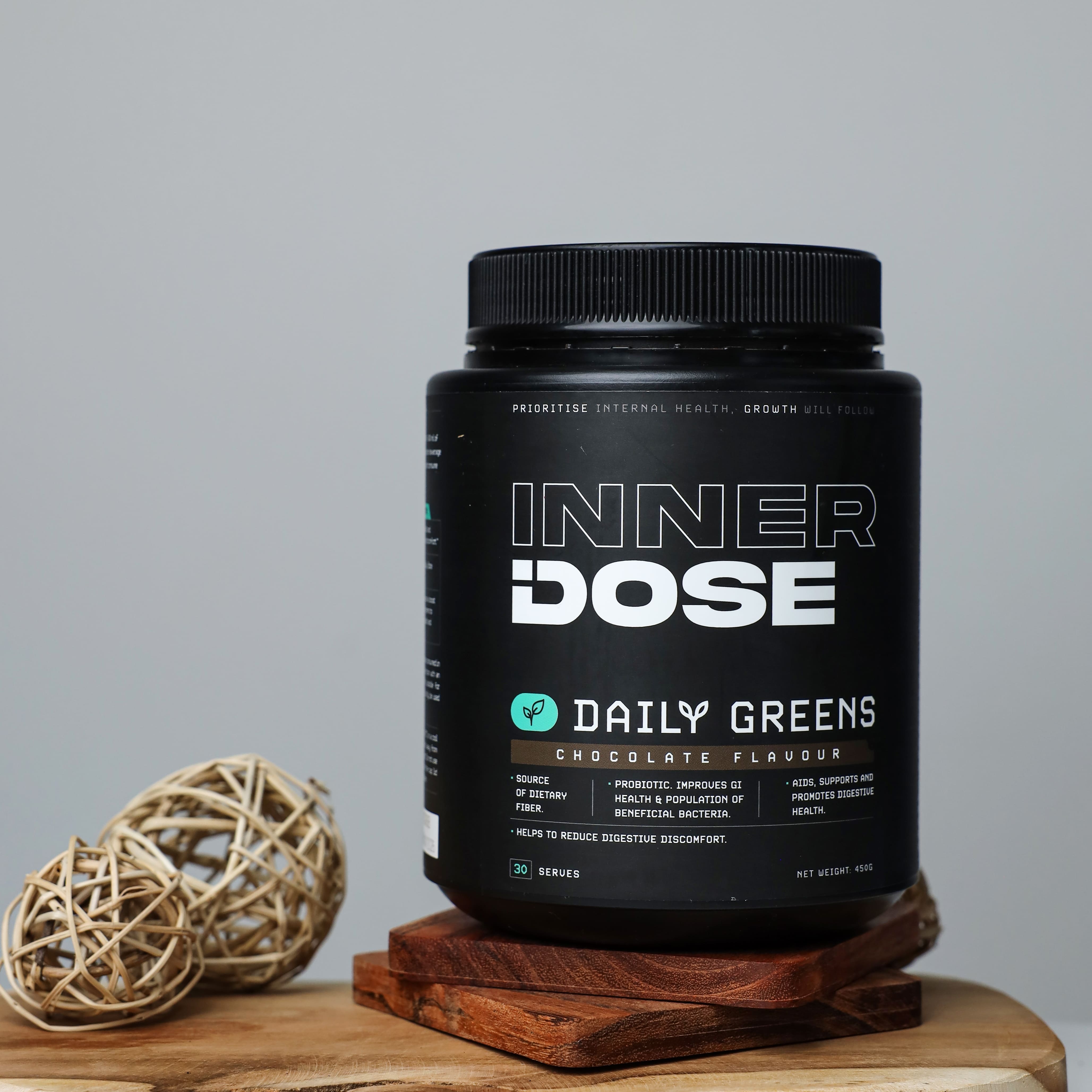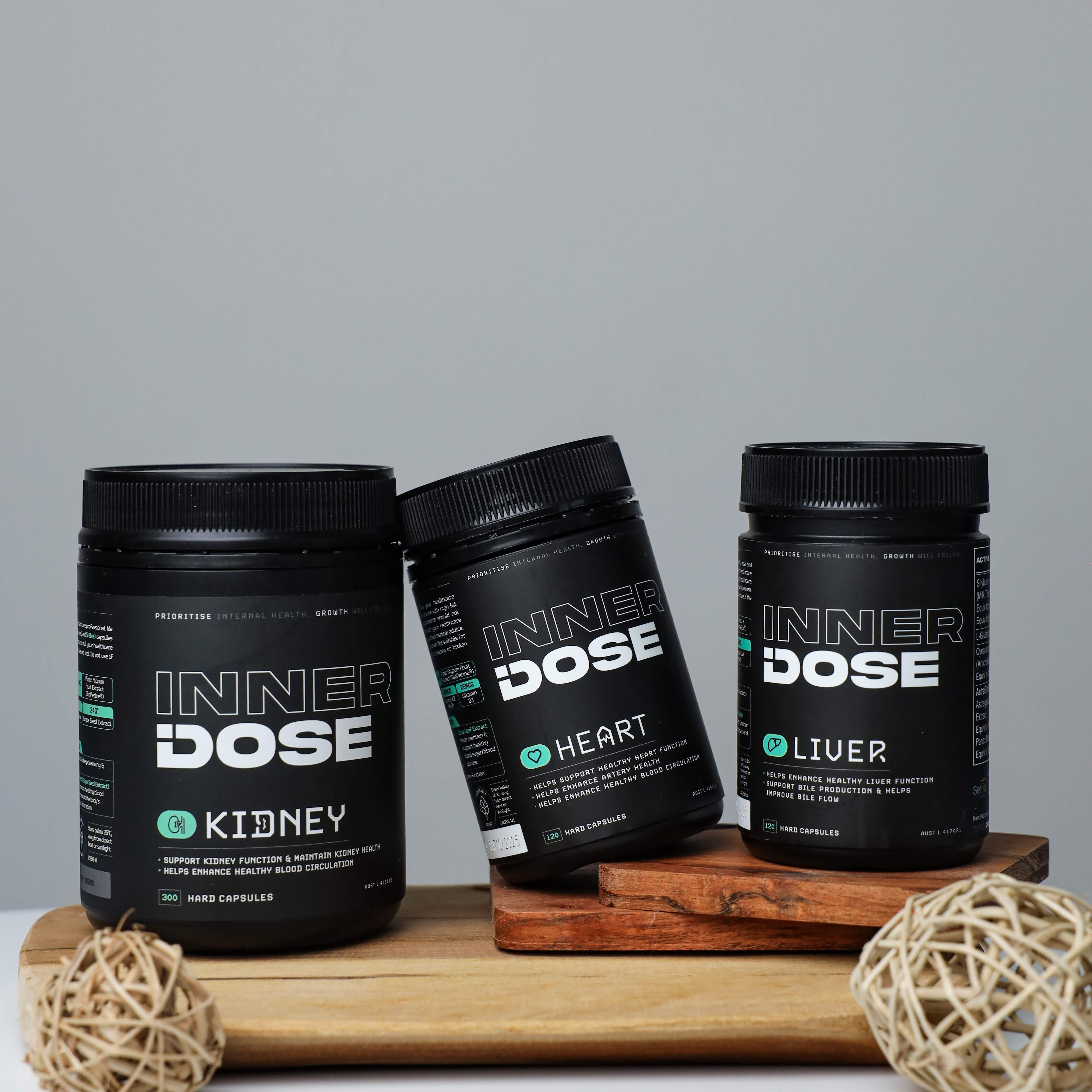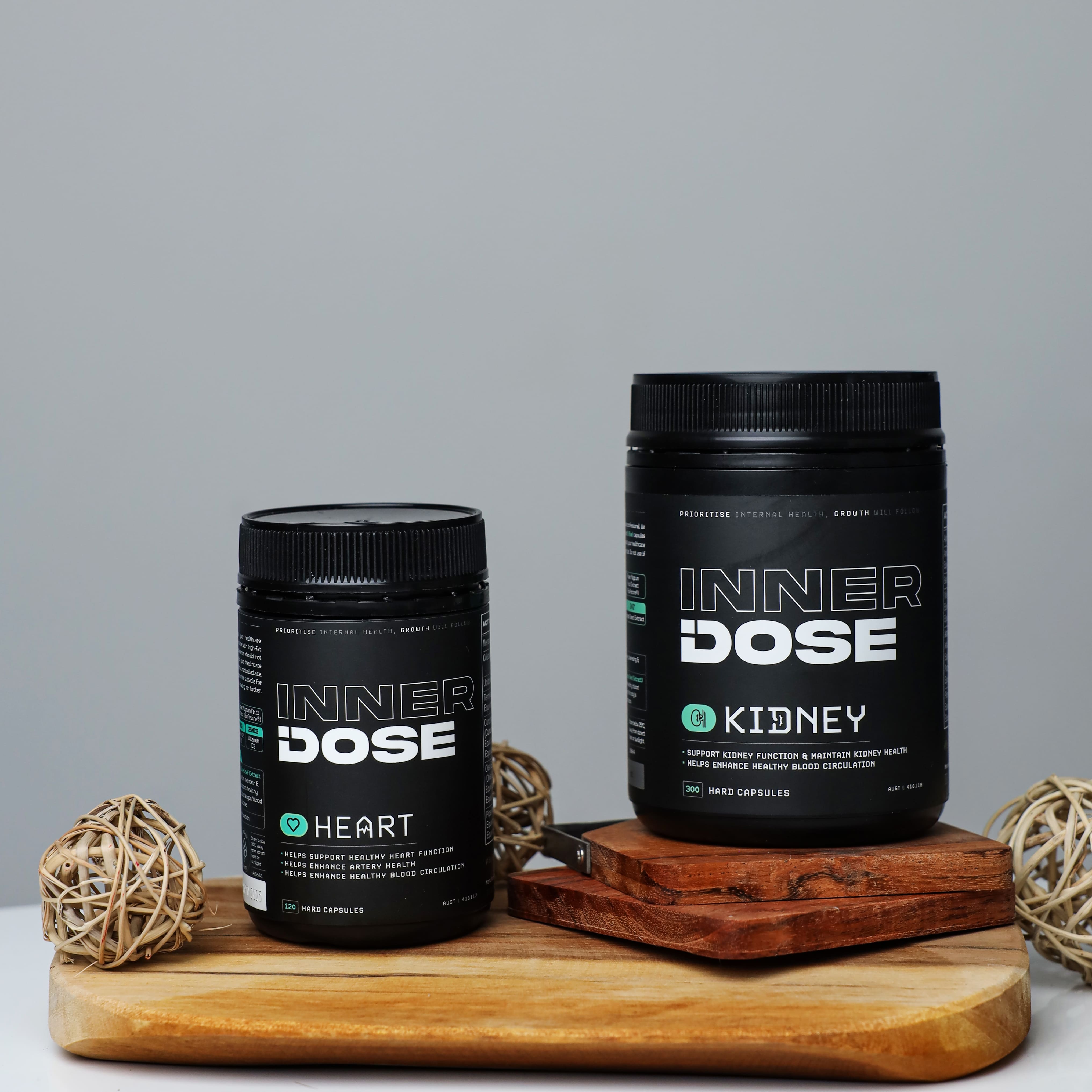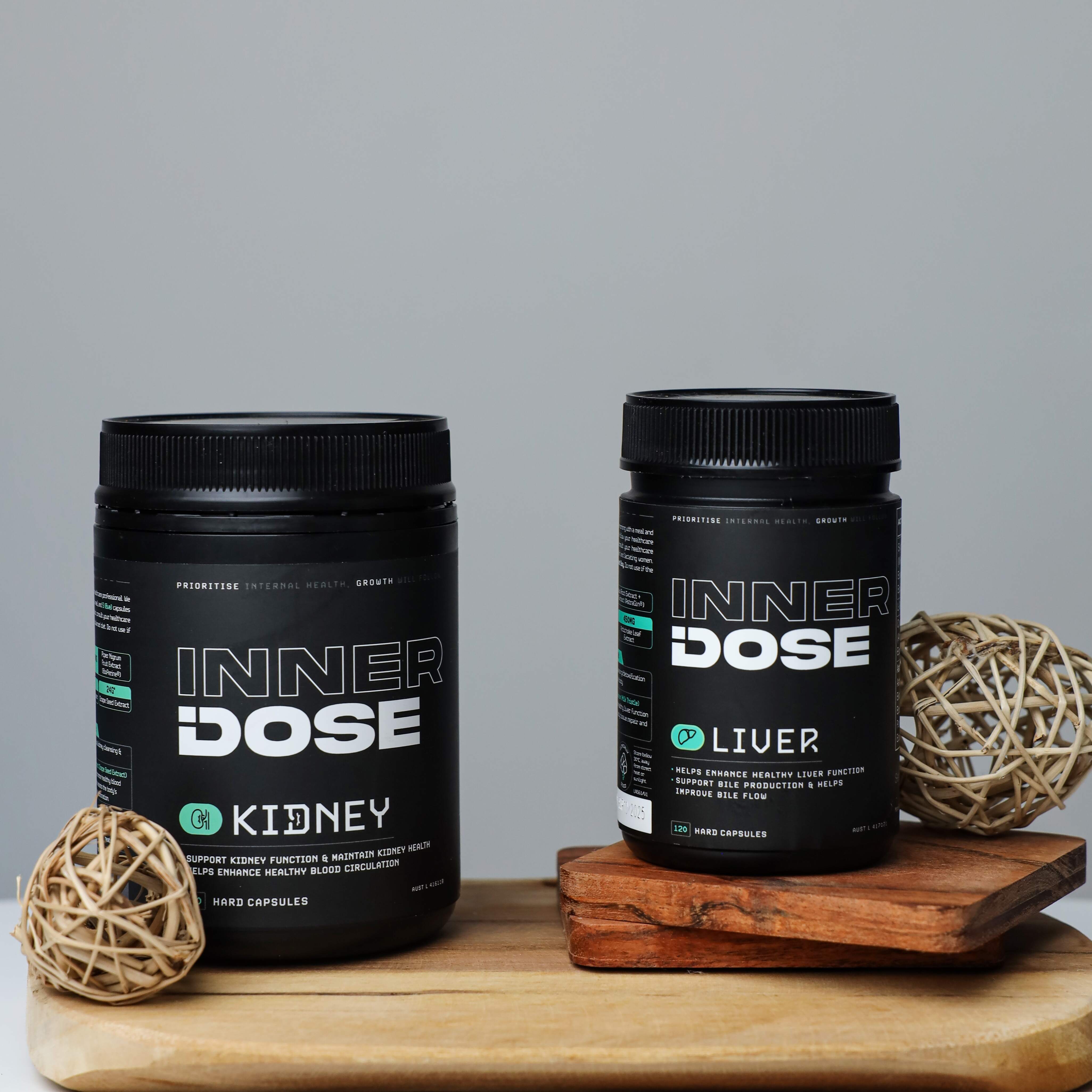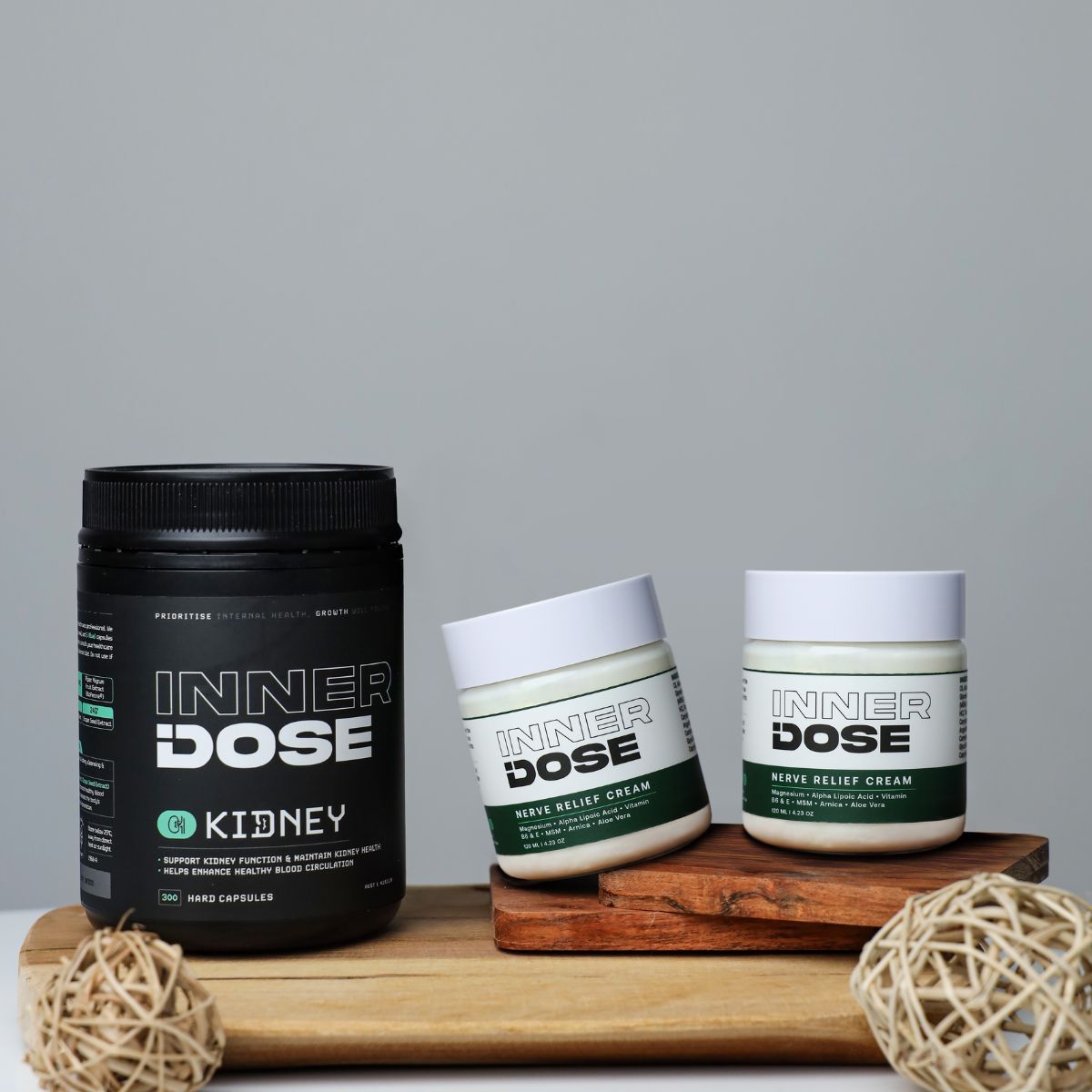Bodybuilding Nutrition Tips – Correct Your Mistakes
5 Essential Bodybuilding Nutrition Tips for Optimal Results You’ve heard it a million times but that doesn’t make it any less true: Following prope...
5 Essential Bodybuilding Nutrition Tips for Optimal Results
You’ve heard it a million times but that doesn’t make it any less true: Following proper bodybuilding nutrition tips is just as important as your time in the weight room.
What you eat can literally affect your performance in the gym as well as how your muscles recover and grow.
But nutrition can be tricky.
There's a lot of misinformation out there and it's easy to get it wrong. Even the most experienced bodybuilders make mistakes when it comes to the most basic bodybuilding nutrition plan.
Whether you're a gym veteran or a rookie just starting out, it’s time to set the record straight.
Here are five simple bodybuilding nutrition rules that can make a big difference in your results.
1. Protein: Time it Right

Protein is considered the cornerstone of a bodybuilder's diet, and for good reason: It plays a pivotal role in tissue repair and muscle growth.
This probably isn’t news to you but whenever you lift, your muscle fibres endure microscopic damage.
The body uses the amino acids from protein to mend these 'wounds,' allowing the muscle to grow bigger and stronger.
But not all protein is created the same.
Protein Quality
As a bodybuilder, you want to select the highest quality protein sources. More importantly, you want to diversify those proteins.
But different protein sources have different levels of bioavailability, which refers to how much of the protein is actually broken down and efficiently used by the body.
Here’s the top 10 list of proteins based on their bioavailability score out of 100:
- Whey Protein - BV: 104+
- Whole Egg - BV: 100
- Milk - BV: 91
- Fish - BV: 83
- Beef - BV: 80
- Chicken - BV: 79
- Soy - BV: 74
- Rice - BV: 74
- Wheat - BV: 64
- Beans and Legumes - BV: 50-60 [1]
Protein Timing
Many people pack their protein intake into one or two meals, but experts suggest that spreading your protein intake throughout the day can optimize muscle protein synthesis – the process that drives muscle growth and development.
Ideally, you’ll consume between 20 to 30 grams with each meal.
Also, eat your fastest digesting proteins before a workout and after a workout. For example, this is a good time to drink amino acid supplements or a whey protein shake. [2]
2. Clean Bulk vs. Dirty Bulk

In the quest for quick gains, some bodybuilders adopt a 'dirty bulking' approach. This is when you eat a ton of calories with little regard for the quality or the nutrient density of the food.
While this might lead to rapid gains in size, it can also invite unwanted fat accumulation. Not to mention, other potential health risks due to how much unhealthy, processed foods you’re eating.
On the other hand, 'clean bulking' emphasizes the quality of nutrition.
It's about consuming more calories than you burn, but sourcing those extra calories from nutrient-dense, unprocessed foods. This approach supports not only muscle growth but also overall health.
Here are some nutrient-dense foods you should consider incorporating into your clean bulking diet:
Proteins:
- Lean chicken or turkey breast
- Lean cuts of beef or pork
- Fish like salmon or tuna
- Eggs
- Greek yogurt
- Quinoa
Carbohydrates:
- White/Sweet potatoes
- White/Brown rice
- Quinoa
- Oats
- Whole grain bread or pasta
- Fruits like bananas and oranges
Healthy Fats:
- Avocados
- Nuts and seeds (e.g., almonds, Brazil nuts)
- Olive or coconut oil
- Natural peanut or almond butter
- Fatty fish (e.g., salmon, mackerel)
- Chia seeds
Fruits and Vegetables:
- Leafy green vegetables (spinach, kale)
- Bell peppers
- Broccoli
- Blueberries
- Apples
- Tomatoes
Dairy and Alternatives:
- Greek yogurt
- Cottage cheese
- Organic milk
- Certain cheeses like parmesan (in moderation)
- Kefir
- Tempeh
3. Don’t Neglect Your Micros

While macronutrients (proteins, carbohydrates, and fats) are usually the focus of bodybuilding nutrition, micronutrients should also get some much-deserved attention.
Micronutrients are the vitamins and minerals your body needs to support overall health, muscle function, and recovery. They can also impact performance.
Here are several key micronutrients bodybuilders should pay attention to:
Vitamin D3: Vital for bone health, immunity, and muscle function. You can get it from sunlight and foods like fatty fish, cheese, and egg yolks. [3]
Magnesium: Aids muscle contractions and energy creation. Found in nuts, seeds, and leafy greens. [4]
Zinc: Plays a crucial role in protein synthesis, immune function, and testosterone production, all of which are essential for muscle growth and recovery. [5]
B Vitamins: Boost energy and red blood cell production. They are found in whole grains, meat, eggs, and dairy. [6]
Iron: Essential for oxygen transport, impacting endurance and performance. Sources include lean meats, leafy greens, and fortified grains. [7]
4. Accurate Nutrition Tracking and Meal Plan Construction
![]()
Sure, it’s easy to start incorporating these foods into your meals, but are you tracking exactly how much you’re eating?
It’s not sexy but calorie tracking is one of the best ways to ensure you’re hitting your daily caloric goals. In turn, this will help you achieve the results you want.
Tracking your macronutrients and calorie intake can offer insight into your dietary habits, help you make necessary adjustments, and set a clear path towards your goals.
For example, if you are limiting carbohydrates prior to a show, a calorie tracker app like MyFitnessPal can help you stay within your limits to optimize vascularity and that cut look.
Best of all, it’s never been easier to track your calories since these apps have features that allow you to scan barcodes and save meal choices you eat often.
5. Hydrate, Hydrate, and Hydrate

To say hydration is important in bodybuilding would be a severe understatement.
Proper hydration supports muscle function, endurance, and temperature control. Dehydration can reduce your strength, power, and endurance.
But how much water should you be drinking each day?
That’s not the right question to ask. What you should be asking is how much total hydration you need each day from all sources, including foods.
It’s important to remember that hydration goes beyond drinking water. It’s also about electrolytes, which include sodium, potassium, magnesium, and calcium.
You need these just as much as the water you’re drinking because they are essential for maintaining hydration, nerve and muscle function, and balancing your body's pH levels.
You can always use an electrolyte supplement, but if you want to try to get more of your electrolytes from diet, here are some foods to consider:
Sodium:
- Pink Himalayan Salt
- Pickles
- Olives
- Cheese
- Soup broths
- Salted nuts and seeds
Potassium:
- Bananas
- Oranges
- Sweet potatoes
- Avocados
- Spinach
Calcium:
- Dairy products (milk, cheese, yogurt)
- Leafy green vegetables (kale, spinach)
- Tempeh
- Sardines and salmon
- Almonds
Magnesium:
- Dark chocolate
- Avocados
- Nuts and seeds (especially pumpkin seeds)
- Whole grains
- Leafy green vegetables (spinach, kale)
Phosphate (Phosphorus):
- Dairy products (milk, cheese)
- Fish (salmon, sardines)
- Eggs
- Nuts and seeds
- Whole grains
As far as how much water you need to drink, the average person is still aiming for around 10 glasses of 250mL per day as a general guideline. But you aren’t the average person.
Given how tough your workouts are, you are going to need more, especially on those training days.
Start with a minimum of four litres per day on your rest days and five litres on your training days.
How’s Your Bodybuilding Nutrition?

Bodybuilding success isn't just about what you do in the gym. It's about what you put on your plate and into your body.
It is crucial to invest in high-quality nutrition. But also to ensure your body is absorbing and utilising the nutrients you're eating!
But let's be honest, even with a "perfect" eating structure, getting all of your meals in within a perfect window each day, can be a chore and often digestion suffers, leaving you feeling 'not so great'.
That's where Inner Dose's Digest Aid can help.
Digest Aid can support your gut health by reducing bloating, enhancing digestion, boosting nutrient uptake, and promoting good bacteria growth - ensuring your GI tract and digestion is optimised to utilise the nutrients you're eating and allow your body to recover and grow more favourably!
Learn more about the benefits of incorporating Digest Aid into your nutrition plan!
References
- Hoffman JR, Falvo MJ. Protein - Which is Best? J Sports Sci Med. 2004 Sep 1;3(3):118-30. PMID: 24482589; PMCID: PMC3905294.
- Arciero PJ, Ormsbee MJ, Gentile CL, Nindl BC, Brestoff JR, Ruby M. Increased protein intake and meal frequency reduces abdominal fat during energy balance and energy deficit. Obesity (Silver Spring). 2013 Jul;21(7):1357-66. doi: 10.1002/oby.20296. Epub 2013 May 23. PMID: 23703835.
- Bouillon, R., Manousaki, D., Rosen, C. et al. The health effects of vitamin D supplementation: evidence from human studies. Nat Rev Endocrinol 18, 96–110 (2022). https://doi.org/10.1038/s41574-021-00593-z
- Wang R, Chen C, Liu W, Zhou T, Xun P, He K, Chen P. The effect of magnesium supplementation on muscle fitness: a meta-analysis and systematic review. Magnes Res. 2017 Nov 1;30(4):120-132. doi: 10.1684/mrh.2018.0430. PMID: 29637897.
- “Office of Dietary Supplements - Zinc.” NIH Office of Dietary Supplements, ods.od.nih.gov/factsheets/Zinc-HealthProfessional/. Accessed 14 July 2023.
- Young LM, Pipingas A, White DJ, Gauci S, Scholey A. A Systematic Review and Meta-Analysis of B Vitamin Supplementation on Depressive Symptoms, Anxiety, and Stress: Effects on Healthy and 'At-Risk' Individuals. Nutrients. 2019 Sep 16;11(9):2232. doi: 10.3390/nu11092232. PMID: 31527485; PMCID: PMC6770181.
- Moustarah F, Daley SF. Dietary Iron. [Updated 2022 Oct 22]. In: StatPearls [Internet]. Treasure Island (FL): StatPearls Publishing; 2023 Jan-. Available from: https://www.ncbi.nlm.nih.gov/books/NBK540969/

